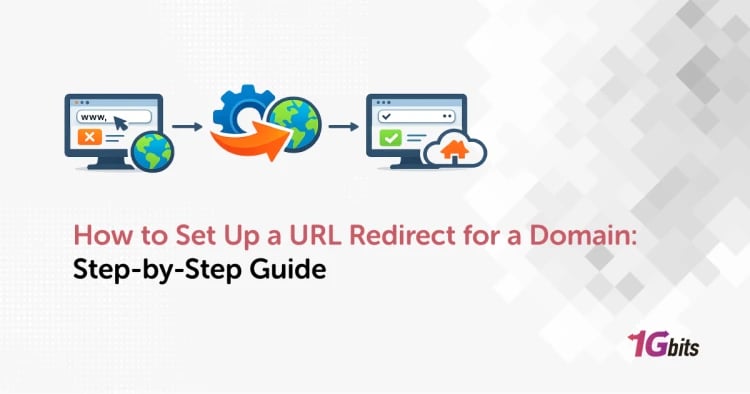If you have never used a virtual private network before, the idea of using the service can be intimidating. While it may appear challenging, this is far from the truth. You don't need to be a technology expert to use a VPN.
Learning how to use a VPN should be a priority for anyone who values privacy and wants to secure their online activities. VPNs create safe connections between the internet and you by adding an extra layer of security.
1. Remote Access
A remote-access VPN solution is a valuable tool for businesses with remote workers and individuals who may need to access files from remote locations, whether at work or home. The solution works by creating a secured tunnel from your device to another network.
Therefore, you can use a VPN to access a computer at home or in your office from the computer you are using. When the remote access VPN connection is created, employees can access resources from their business network regardless of their location. If you set up a remote access VPN connection at home, you can also access the files from your home computer when you are not physically there.
The communication channel created between a company or home network with your remote device allows secure and private data transfer to and from the computer. A remote-access VPN comes with several benefits, such as increased security and privacy when using public Wi-Fi.
A VPN can also reduce operating costs because it is a cost-effective way to secure data transferred by remote workers and supports remote working, lowering overheads.
To ensure you select the best option for your needs, check out our comprehensive guide on how to choose a VPN, which breaks down the key factors to consider when making your decision.
2. P2P File Sharing
VPN is used to access peer-to-peer file sharing. P2P file-sharing can be used to distribute books, videos, music, and other large data sets online. Unfortunately, some internet service providers restrict access to file-sharing websites or reduce bandwidth.
Apart from ISPs' restrictions, you also face the risk of attacks from hackers and cybercriminals as persons on the file-sharing websites can access each other's IP addresses. VPNs are used to hide activity from internet service providers allowing you to access P2P file sharing websites without restrictions and slow speeds. More so, your IP will remain hidden, preventing hackers from intercepting your online traffic.
3. Prevent Price Discrimination On Online Shopping Platforms
Price discrimination occurs for several reasons. For one, the business may take advantage of a customer's lack of knowledge on the price of a product. It can also occur when the service or product provider makes assumptions about the client's purchasing power.
In some cases, discrimination may occur due to the differences in the markets. That is regarding where a consumer is coming from in terms of distance and perceived purchasing power. You can avoid price discrimination and enjoy the best prices when shopping online by using a VPN.
The strategy that most eCommerce stores are using today is allocating different prices for different locations by leveraging your IP address.
To avoid price discrimination when purchasing online services, clear your browser cookies to erase traces of your visit to the website, activate your VPN, and select the country you want to appear browsing from.
4. Prevent Bandwidth Throttling
Internet service providers can limit your browsing speed through throttling. Throttling is whereby your ISP intentionally reduces your speed and limits your bandwidth without informing you. This way, you end up getting slower speeds than you subscribed for.
ISPs use throttling for multiple reasons, such as reducing network congestion, controlling traffic in their network, executing data limits, and for paid prioritization to push traffic to affiliated streaming services.
If your online activities use a lot of bandwidth, such as P2P file sharing and gaming, your ISP is likely to limit your speed.
This results in slow connection speed, affecting your online experience. You can use a VPN to avoid throttling as it encrypts your online traffic, hiding your activities from your internet service provider. If you feel that you are a victim of targeted throttling due to the nature of your online activities, a VPN could come in handy.
5. Securing Your Public Wi-Fi Connection
Any time you use unsecured public Wi-Fi, you expose yourself to the risk of cybercrime. While that is the case, altogether avoiding public Wi-Fi is a tall order as it comes in handy, especially with the current hybrid and remote office setups.
Some of the sensitive data that can be exposed when using public Wi-Fi includes; your home address, personal videos and photos, bank details, and email logins. How do hackers access this information?
An evil twin attack is the most common way cybercriminals will get hold of your data. All they need to do is to create fake Wi-Fi networks with names similar to the nearest available network to trick you into connecting.
Most of the fake networks don't even require authentication; hence you can connect very easily. When you browse using the network, your browsing history and any details you enter on any of the websites you visit become available to the hackers.
Malware injection, man-in-the-middle attacks, and Wi-Fi sniffing are the other ways cybercriminals can access sensitive data.
You can make public Wi-Fi more secure by connect to a VPN. A VPN encrypts the connection making the data you transfer across networks unreadable and useless to the hackers. Your traffic is also secured such that eavesdroppers are unable to intercept it. For those interested in enhancing their privacy even further, check out our guide on how to set up an Algo VPN server anonymously.
Conclusion
When browsing, you face the risk of attacks from cybercriminals and the lack of privacy. If your data falls into the wrong hands, you could lose money, pay ransom to regain access to your data, and become a victim of other malicious activities. To enhance your online security and protect your sensitive information, consider learning how to configure a VPN using Easy VPN on Cisco routers, which can provide an additional layer of protection.
Hackers are not the only threat to your privacy; internet service providers can also be intrusive, tracking your online activity and selling your data. This is one of the reasons why you should learn how to use a VPN to protect your online identity and data.
A VPS for VPN offers a cost-effective and customizable solution for those seeking greater control over their VPN setup. By setting up a VPN on a VPS, you can ensure secure and private browsing without relying on third-party services, offering flexibility and improved performance.
If you're looking to create a secure and private browsing environment, you might want to explore using a VPS for OpenVPN. OpenVPN is an open-source VPN protocol known for its strong encryption and security features, and hosting it on a VPS can provide you with a robust, personal VPN that shields your browsing data from both hackers and your ISP.
You can beef up security and privacy through these different VPN applications, including setting up a VPN on a VPS, to enhance your browsing experience. For those exploring remote access solutions, it’s essential to understand the differences between RDP and VPN. You can find more details in our article on the difference between RDP and VPN.
People also read:
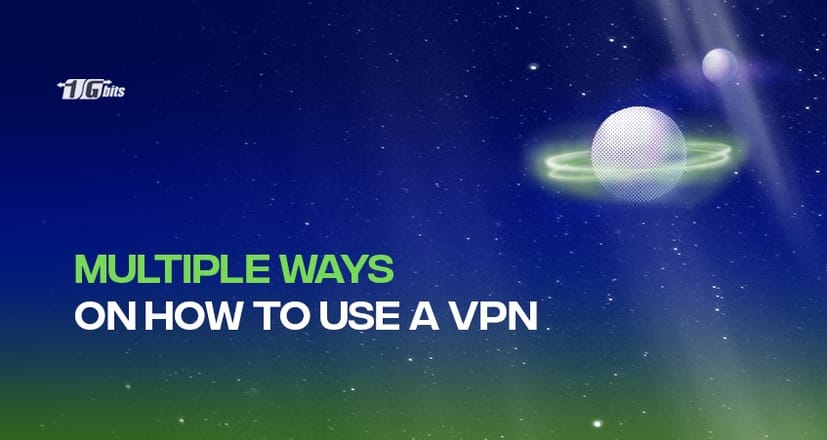

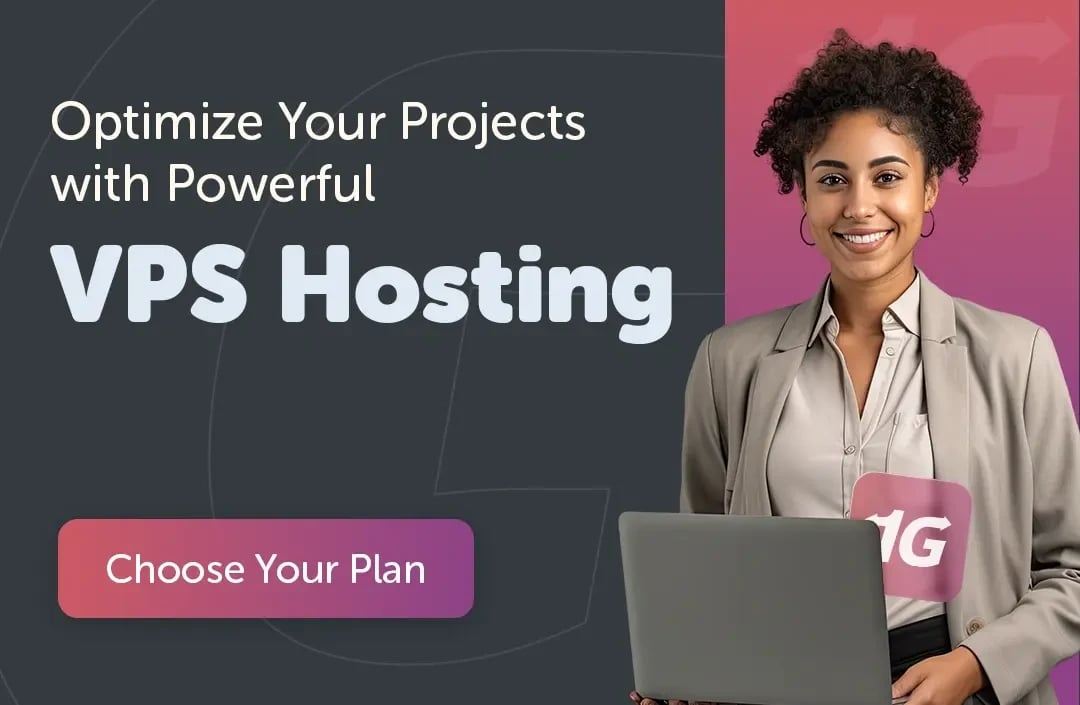
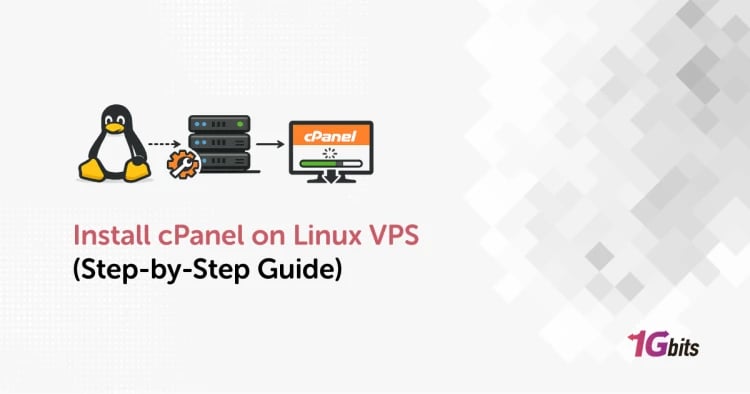
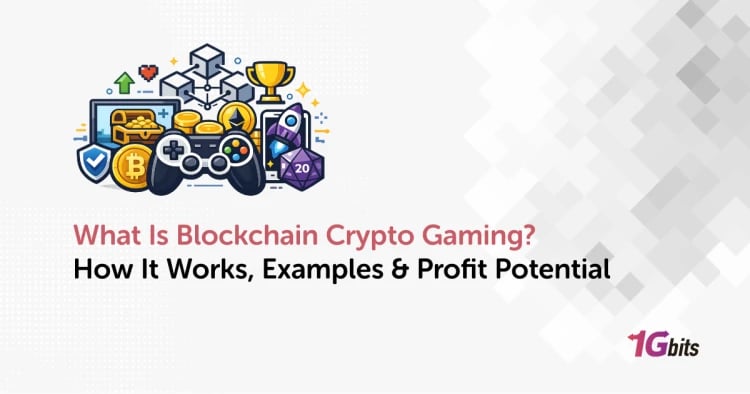
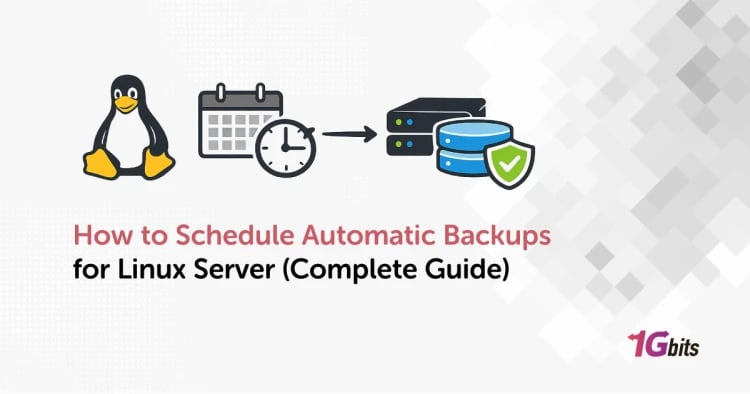
![What Is Cold Data Storage? ❄️ [2026 Guide] What Is Cold Data Storage? ❄️ [2026 Guide]](https://1gbits.com/cdn-cgi/image//https://s3.1gbits.com/blog/2026/02/what-is-cold-data-storage-750xAuto.webp)
![What Is Virtual Desktop Infrastructure? 🖥️ [VDI Explained] What Is Virtual Desktop Infrastructure? 🖥️ [VDI Explained]](https://1gbits.com/cdn-cgi/image//https://s3.1gbits.com/blog/2026/02/what-is-virtual-desktop-infrastructure-vdi-750xAuto.webp)
